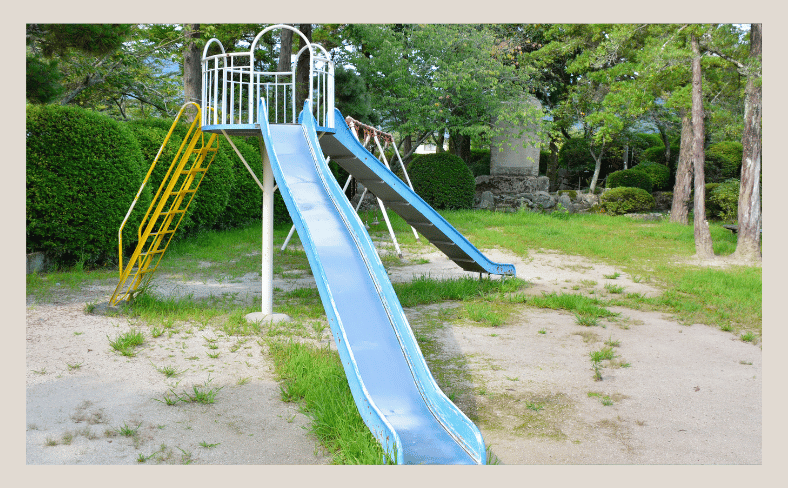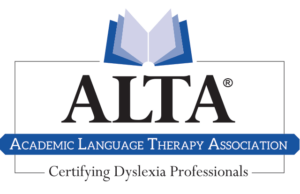No products in the cart.

Summer learning offers numerous benefits, helping students maintain skills, retain knowledge, and stay mentally active. Research indicates that purposeful summer activities can lessen the “summer slide” resulting in academic gains rather than losses. Parents can encourage continuous learning and growth in their children and teens with a solid summer learning plan that leaves room for fun activities.
Overcome the Summer Slide
To actively combat this decline, parents should prioritize educational activities that match their children’s interests, strengths, and areas for improvement. A successful summer learning plan includes a mix of structured learning and free exploration—striking this balance ensures that children stay engaged, curious, and motivated throughout their break.
Creating a Balanced Summer Learning Plan
Consider the following approaches when creating a summer learning plan for your child or teen.
- Holistic Daily Planning: Mix academics with physical activities and creative arts to nurture whole-child development.
- Tailored Academic Support: Opt for regular sessions with an educational therapist or specialist who can provide tailored support to address any missing academic gaps, provide intervention in areas of need, and enrichment in areas of strength.
- Emphasize Reading: Find books and reading materials that spark interest. Listen to audiobooks together during family trips and make trips to the local library or bookstore. Check out more Reading Tips Your Kids Actually Want to Try.
- Value Downtime: Leave room for flexible downtime to explore personal interests and decompress.
Here are some additional components to consider:
- Activity Integration: Customize activities to strengthen core subjects like math, science, and the arts.
- Educational outings, e.g., museum visits, offer hands-on experiences.
- Cultural exposure through various art forms broadens children’s horizons.
- Educational Resources: Use online platforms like Khan Academy for math, Duolingo for languages, or Scratch for coding.
- Library visits and community workshops engage children in learning.
- Incorporate play-based learning for enjoyment.
By mixing engaging activities, utilizing resources, and customizing learning strategies, parents can foster a summer environment primed for learning and personal development. Summer learning extends beyond academics, shaping children into well-rounded individuals with a zest for knowledge. Summer can be an advantageous time to address learning gaps and build confidence for the upcoming year! Contact us to learn more about how Strategies for Learning can help build a tailored summer support plan for you.
Written by Susan Ardila, M.A.
Schedule a free phone consultation
You can schedule a free initial consultation to learn more about our Educational Services. We will listen to your concerns, answer any questions, learn about the student’s needs, and help guide you through our new student intake process. Contact Us.







No comment yet, add your voice below!